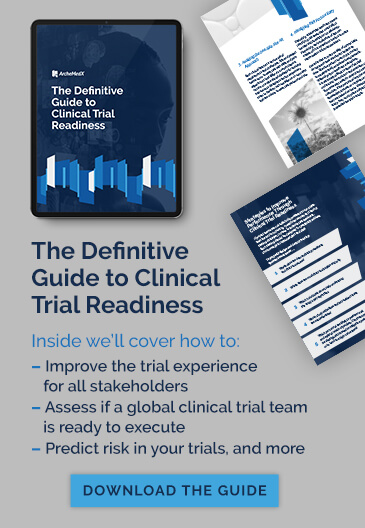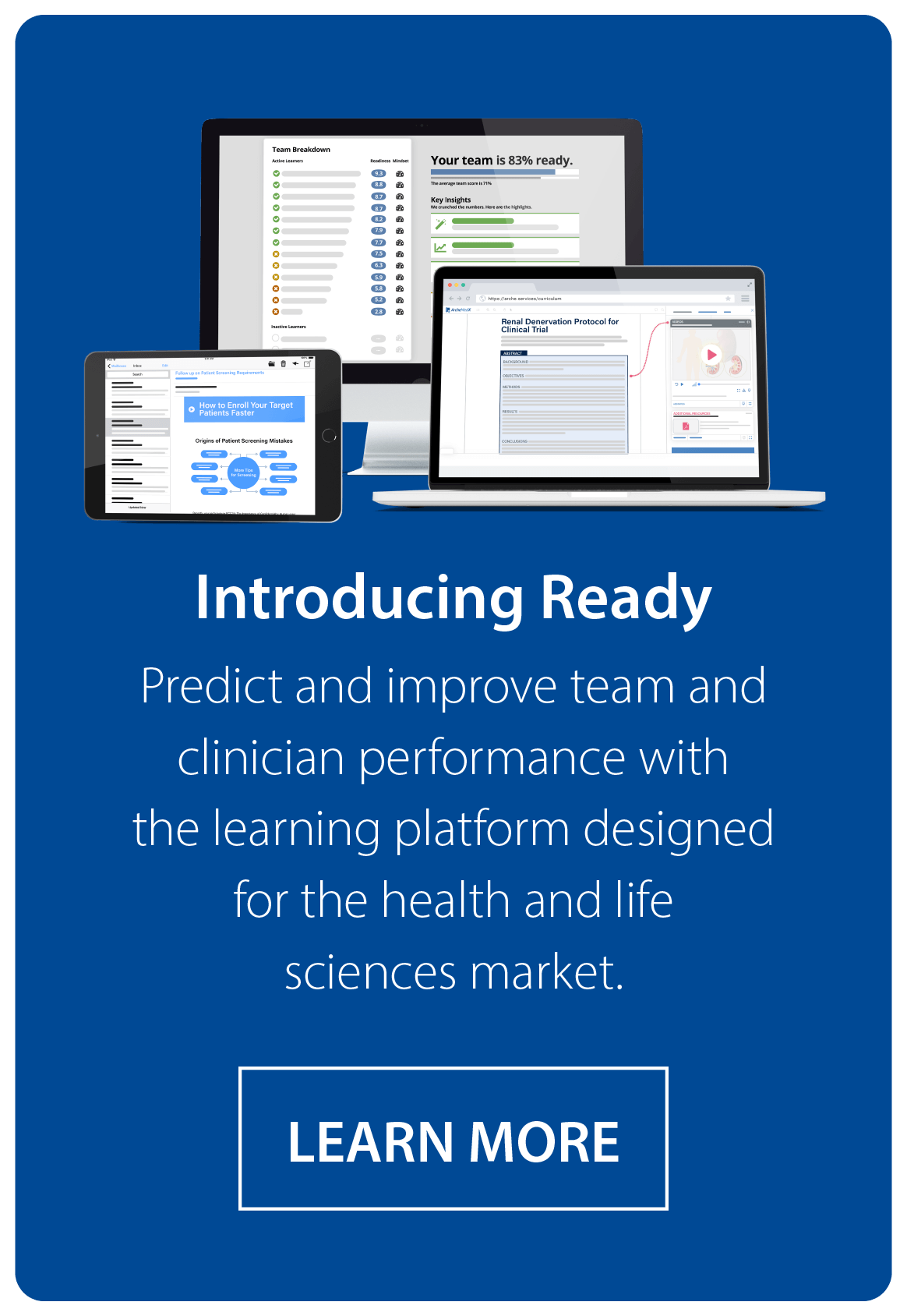Ken Getz joins Kelly Ritch, EVP of Product and Clinical Research Solutions at ArcheMedX, to discuss the growing complexity in clinical trial protocols. The Director of the Tufts Center for the Study of Drug Development and a Research Professor at the Tufts University School of Medicine, Ken shares his insights on protocol design along with strategic advice on how to design for maximum impact.
Enjoy this interview by video below, or by subscribing to our podcast on Simplecast, Spotify, or iTunes.
Ken Getz
Ken Getz is the Director of the Tufts Center for the Study of Drug Development and a Research Professor at the Tufts University School of Medicine. Ken is an expert in drug development management and practices who has dedicated much of his career to raising awareness of clinical research enterprise.
In addition to frequently speaking at industry events and publishing in peer-reviewed journals, Ken is the founder of several organizations, including the non-profit CISCRP and the publisher CenterWatch. His career is a true testament to his belief in the importance of transparency and keeping all clinical research stakeholders well-informed.
Episode Highlights
- The takeaways, both expected and surprising, from 2020 protocol performance data
- The factors that are contributing to increased complexity in clinical trial protocols
- Why simplifying the design of a study is not the right goal
- The inherent benefits in complexity, and how we can reap them through proper management
- What drives regulatory agencies to seek to quell rising complexity in clinical trial protocols
- Why more data isn’t necessarily better
- The importance of investigating underlying causes of problems rather than defaulting to solving them with volume
- What happened to feasibility committees and what should replace them
- Why it’s critical to incorporate patient input into study design
- The consistent positive impact of patient advisory boards
- How taking the time for thoughtful advanced planning can help preclude costly unplanned amendments later on
Resources:
Tufts Center for the Study of Drug Development
Ken Getz on LinkedIn
CISCRP
CenterWatch
Conversations in Clinical Trial Readiness Interview Series





